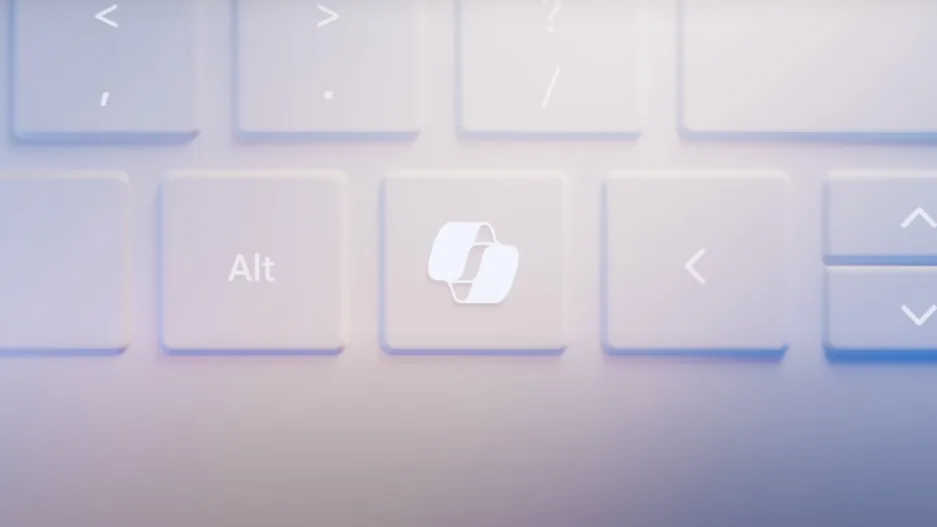Could Microsoft’s new Copilot key be an antitrust headache for the company?
Microsoft Copilot, the new AI-powered productivity tool that helps developers write code faster and better, has been praised by many users as a game-changer for software development. However, some critics have raised concerns that the tool could also pose an antitrust risk for Microsoft, as it could give the company an unfair advantage over its competitors and stifle innovation in the industry.
Microsoft Copilot is a cloud-based service that works as an extension for Visual Studio Code, the popular code editor developed by Microsoft. The tool uses a large language model trained on billions of lines of code from public sources, such as GitHub, to generate suggestions and completions for the code that the developer is writing. The tool can also create code from natural language descriptions, such as “create a function that adds two numbers” or “sort a list of names alphabetically”.
Microsoft Copilot is powered by OpenAI Codex, a deep learning system created by OpenAI, a research organization co-founded by Elon Musk. Microsoft invested $1 billion in OpenAI in 2019, and has an exclusive license to use OpenAI Codex for its products and services. Microsoft Copilot is currently available in a limited technical preview, and the company plans to launch a paid version of the tool in the future.
However, some experts have warned that Microsoft Copilot could raise antitrust issues, as it could potentially harm the competition and diversity in the software development market. For example, some argue that Microsoft Copilot could favor Microsoft’s own products and services, such as Azure, Windows, or Office, over those of its rivals, by generating code that is more compatible or optimized for Microsoft’s platforms. This could create a lock-in effect for developers and customers, and reduce the choice and quality of alternatives.
Another concern is that Microsoft Copilot could undermine the innovation and creativity of developers, by making them rely too much on the tool’s suggestions and reducing their incentive to learn new skills or explore new solutions. Some also worry that Microsoft Copilot could generate code that is insecure, buggy, or infringes on the intellectual property rights of others, as the tool does not guarantee the quality or originality of the code it produces.
Microsoft has defended its Copilot tool, saying that it is designed to be a helpful assistant, not a replacement, for developers. The company has also stated that it respects the intellectual property rights of others, and that it does not use any proprietary or licensed code to train or run its Copilot tool. Microsoft has also claimed that it is committed to fostering a fair and competitive software development ecosystem, and that it welcomes feedback and collaboration from the developer community.
Microsoft Copilot is undoubtedly a groundbreaking and impressive tool that could revolutionize the way developers write code. However, it also poses some serious questions and challenges for the software industry, as it could potentially disrupt the balance of power and innovation in the market. As the tool becomes more widely available and adopted, it will be important to monitor its impact and implications, and to ensure that it is used in a responsible and ethical manner.



0 Comments